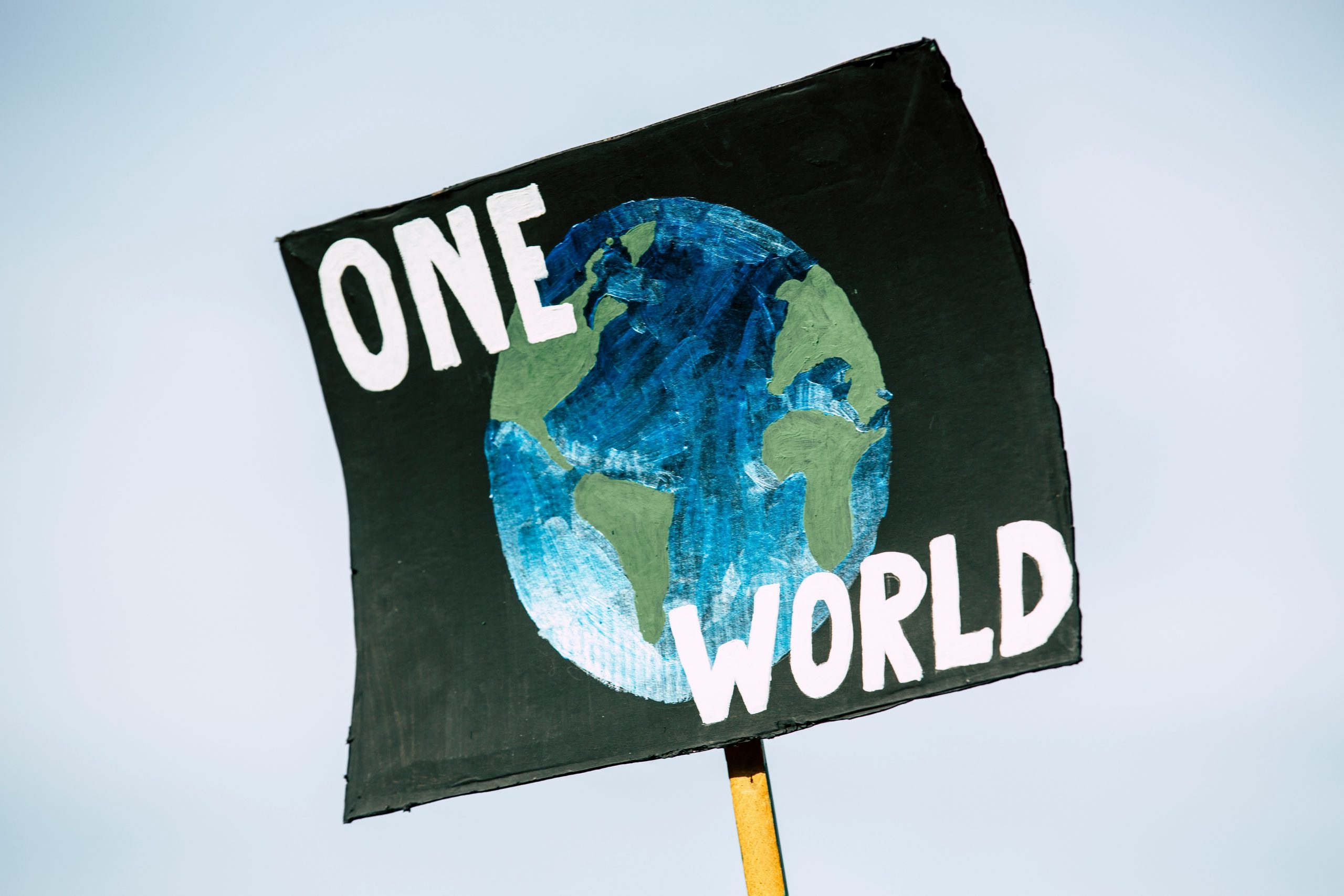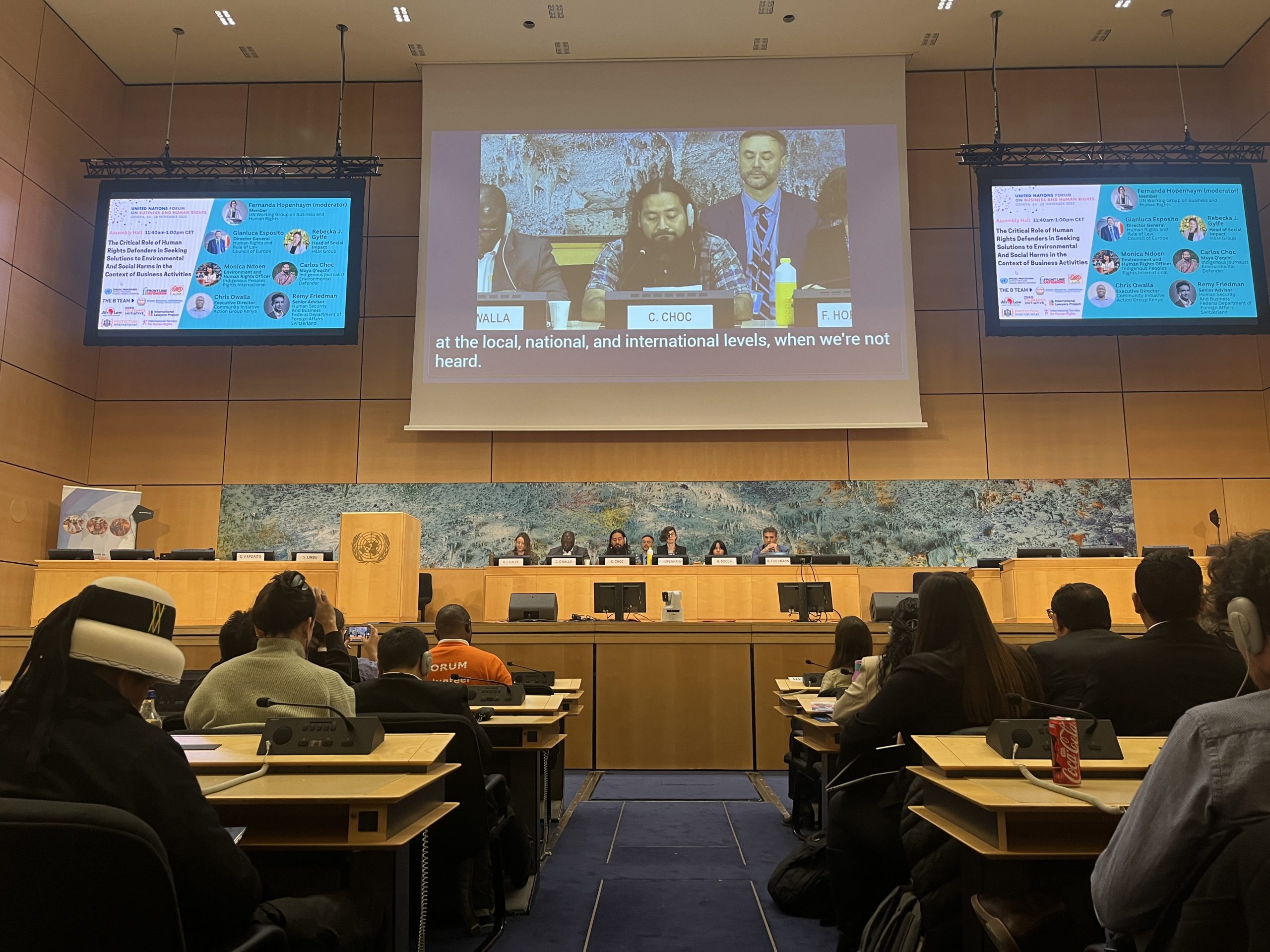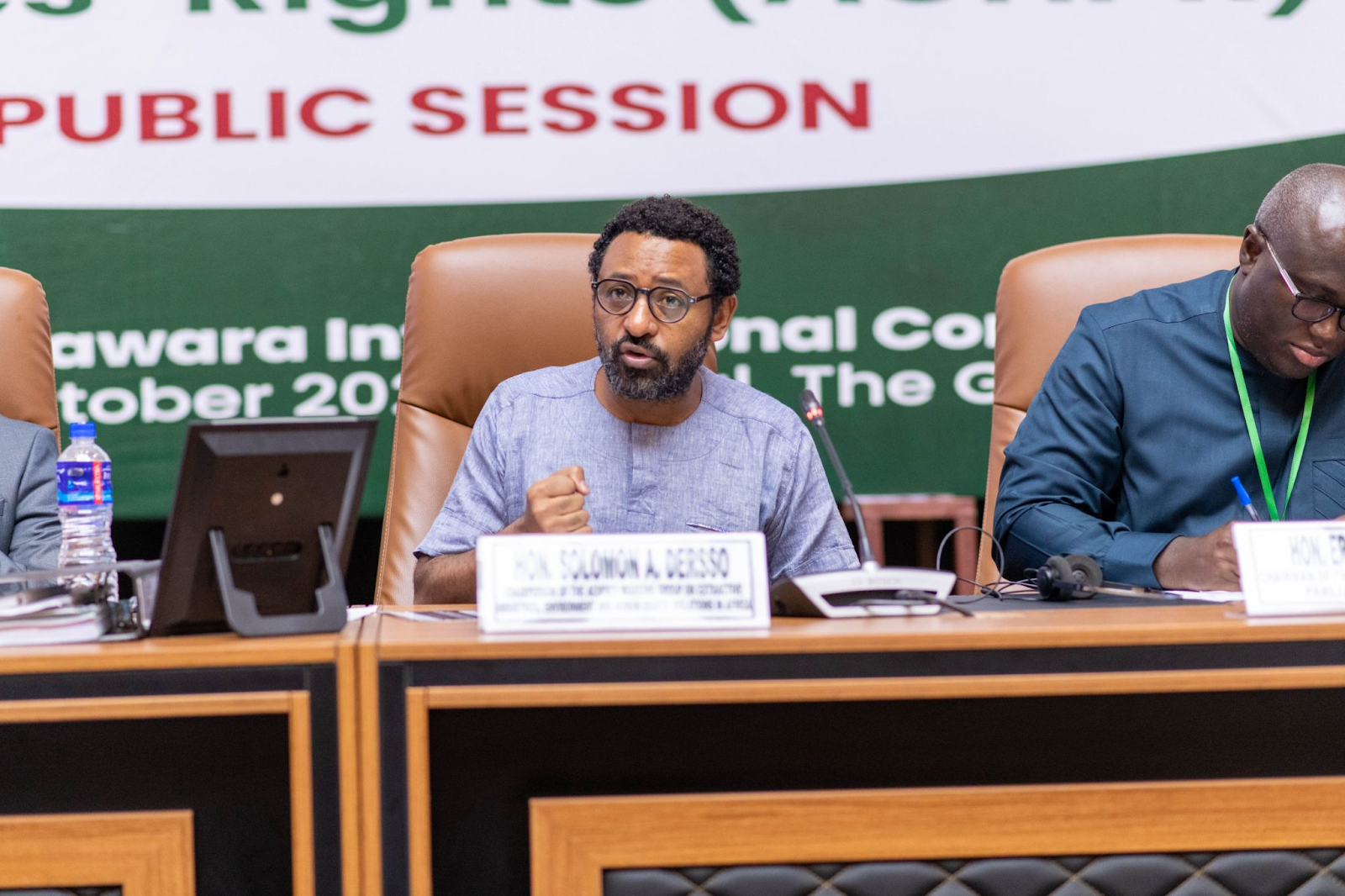On 20 June, the president of the UN Human Rights Council organised an informal dialogue on human rights in the context of climate change, food security and health, with opening remarks by High Commissioner Volker Türk.
Discussions revolved around the urgency to ensure a coordinated response to climate change and on the value of a human rights-centred approach to tackling the planetary crisis.
The Council president and the High Commissioner stressed the danger of the current situation, a point that was reinforced by representatives of international organisations who also called for urgent action. The participants were:
- Director General of the International Organization for Migration (IOM), Amy Pope.
- Director General of World Trade Organization (WTO), Ngozi Okonjo-Iweala.
- Secretary General of World Meteorological Organization (WMO), Celeste Saulo
- Deputy High Commissioner of the Office of the United Nations High Commissioner for Refugees (UNHCR), Kelly Tallman Clements
- Under-Secretary-General of the UN and Executive Director of the United Nations Environment Programme (UNEP), Inger Andersen
- Secretary General of UN Trade and Development (UNCTAD), Rebeca Grynspan
- Assistant Director General of the World Health Organization (WHO), Catharina Boehme
Climate change has had far-reaching impacts on the wellbeing of individuals and entire societies, including displacement, increased risk of starvation through disruption of food supply chains, and growing inequalities. ‘Climate change kills,’ the High Commissioner summarised. The WMO and the WTO speakers emphasised the gravity of the consequences that the planet is experiencing: disease, increasing frequency of extreme weather events such as heat waves or floods, increased desertification are all already in motion in various regions and will worsen if States remain inactive.
Climate change is no longer a potential threat for which we ought to prepare, but an ongoing phenomenon that is having tangible impacts on millions of people, speakers stressed.
A way forward?
From the High Commissioner, to States, and international organisations, all agreed that climate change is a human right issue.
The High Commissioner argued that ‘States have positive human rights obligations to protect against climate change violations on human rights’. Rights such as the right to a clean, healthy and sustainable environment, to health, to food and others must work as mechanisms for accountability, since they compel States to take action on specific issues.
For the UN Environment Programme, putting forward a human rights narrative would make social justice and equity central to debates, humanising climate action and efforts to save lives and protect the rights of the most vulnerable, and therefore bolstering implementation of climate mitigation efforts.
Several States echoed these calls for climate justice and cooperation. Island and coastal nations pointed out that climate change threatens their existence, while Latin American and African nations called for the recognition of the common but differentiated responsibilities that lie behind the climate crisis.
States from the Global North and South did agree on the need to reform the international architecture to promote urgent and transformative actions. States agreed that a human rights-based approach emboldens actors to adopt a more decisive attitude and to strengthen support mechanisms for the most vulnerable groups like small island nations.
What do we do?
Civil society speakers called on States to respect and protect environmental human rights defenders and the groups and communities most vulnerable to climate change, who are often at the forefront of response efforts.
In its intervention, ISHR spoke of the central role and increasing criminalisation of environmental human rights defenders including Indigenous Peoples, peasants movements and environmental civil society groups from around the world.
We highlighted States’ recurring use of excessive and disproportionate force against environmental defenders, including surveillance measures, as well as an overbroad use of criminal, administrative and civil measures, including Strategic Lawsuits Against Public Participation (SLAPPs).
We also expressed concern about increasing limitations to civil society participation in climate and environmental multilateral fora, particularly when hosted in countries with governments hostile to independent NGOs and activists. Preventing remote participation, denying visas, and placing arbitrary and discriminatory requirements for access are some of the most common hurdles placed on defenders and civil society.




